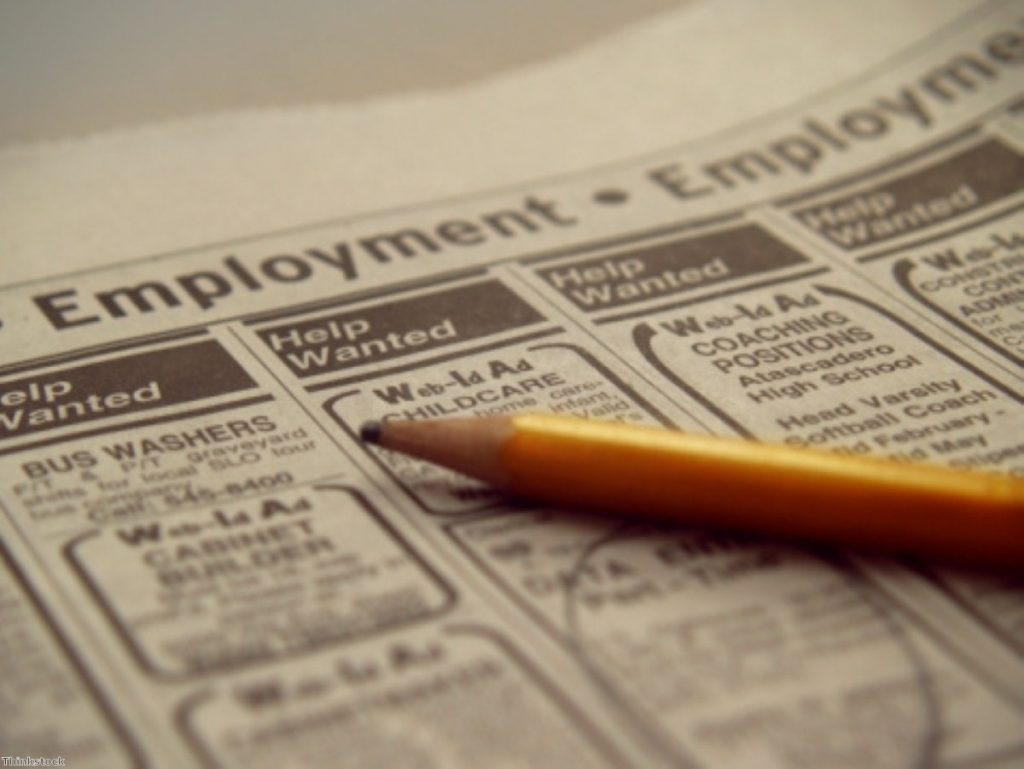Carbon policies ‘cost jobs’
By Cassie Chambers
Europe's distribution of carbon permits may hurt the economy, a report has claimed.
Analysis from the Centre for Economic Performance (CEP) found that some firms receive an excess of free permits under the European Union's emissions trading system (EU ETS), while other firms do not receive enough.
The report argues that this inefficiency in how permits are distributed increases the likelihood that some firms will relocate, placing up to ten per cent of the jobs in the EU ETS at risk. This number corresponds to over two per cent of manufacturing employment in the EU.


To mitigate the risk of relocation, CEP recommends changes to the way free permits are distributed. It calls for them to be handed out based on an index that considers both the carbon and labour intensity of a firm. Current decisions only take carbon intensity into account.
The report also calls for a reduction of the overall number of permits handed out for free, perhaps allowing for increased public revenue from their sale.
Ralf Martin, a co-author of the CEP report, said: "Reducing job risk and increasing public revenues should be a win-win strategy for governments at the best of times. In the current economic crisis, such measures are even more imperative."
Energy policy is on the minds of many in Westminster this week, following a tentative agreement among EU member states on the energy efficiency directive (EED).
Negotiations over the EU legislation have created controversy, as there are reports the UK has fought to water down some of the more stringent energy targets.
The EED is designed to encourage member states to adopt increased energy efficiency measures with the goal of reaching the EU's 2020 goal of cutting energy use by 20%.
Fiona Hall, the leader of the Liberal Democrats in the European parliament, said: "This deal is an important breakthrough in the fight to reduce energy consumption. It will cut greenhouse gas emissions, reduce our dependence on energy imports, help to bring down energy bills for businesses and households alike and stimulate the creation of thousands of new green jobs."









